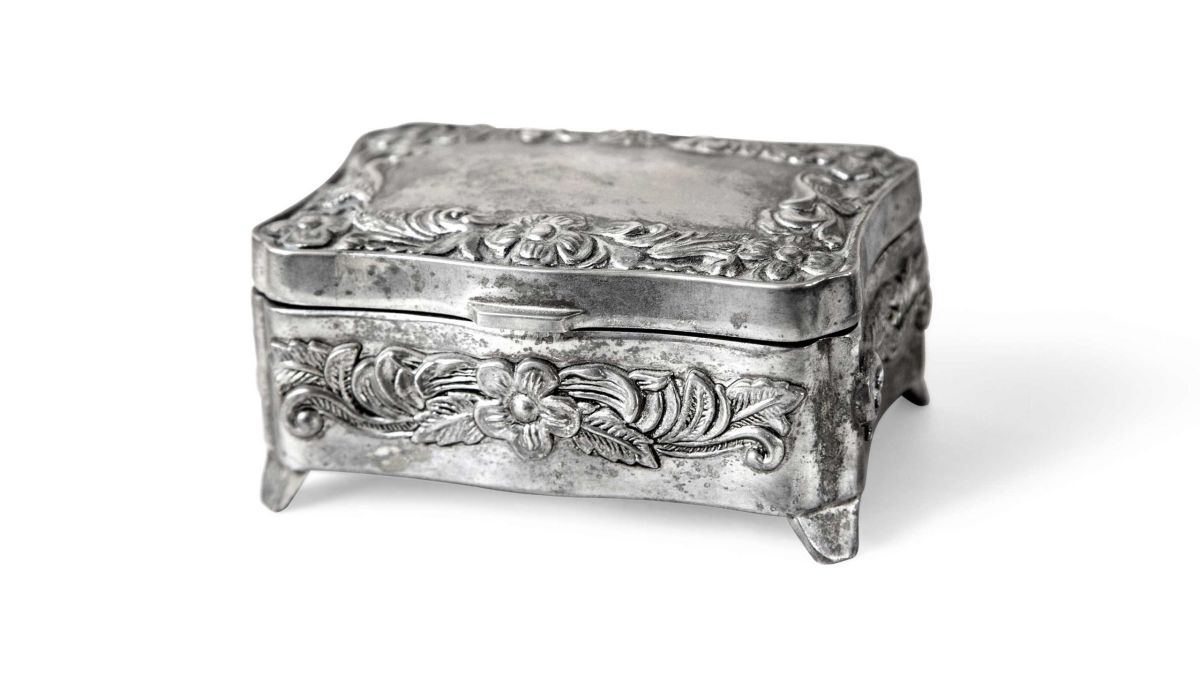Using Vessels of Gold and Silver in General
Al-ʿAllāmah Muḥammad ibn Ṣāliḥ al-ʿUthaymīn


Imām Muḥammad ibn Ṣāliḥ al-ʿUthaymīn [d. 1421 AH] said [concerning the issue of using vessels made from gold and silver]:
What is correct in this issue is that utilising such vessels for things other than eating and drinking is not ḥarām. This is because the Prophet (ﷺ) forbade a specific usage which is confined to the utilisation of such vessels for eating and drinking. If other than it was ḥarām, the Prophet (ﷺ) being from among the most eloquent of mankind and the most transparent [in speech] would have alluded to [the prohibitory nature of these other usages] without specifying certain articles from them [i.e. eating and drinking only]. Rather, his specification of eating and drinking denotes that other than it is permissible, as people can make use of such vessels for other than these two applications.
Moreover, if the usage of [vessels of gold and silver] were ḥarām in every conceivable way, the Prophet (ﷺ) would have ordered the complete destruction of all such vessels, as he [ordered the destruction of the vessels of this nature being used] for eating and drinking.
Therefore, we can reason that individuals that use vessels of gold and silver for eating and drinking are dissimilar from others that may use these vessels for other, more obscure, purposes.
[Just as] the Prophet (ﷺ) did not leave a single object upon which there existed images [of humans] except that he defaced or destroyed them. This is because such things are ḥarām and possess no valid use. Thus, there can be no benefit from retaining such objects.
The evidence of this [view] is that Umm Salamah, the narrator of the ḥadīth [forbidding eating and drinking in vessels of gold and silver], used to keep a small silver box in which she would deposit the hairs of the Prophet [ﷺ]. People would use those hairs as a medicine that would cure them from their ailments by the will of Allāh. This is in Ṣaḥīḥ Bukhārī. This is a usage [of such vessels] for other than eating and drinking.
If someone was to say: The Prophet (ﷺ) only specified eating and drinking because they are the most common uses for such vessels. As such, a ruling may be issued and contextually apply to what is circumstantially frequent, but apply to more than just that well-known usage. For example, Allāh says:
حُرِّمَتْ عَلَيْكُمْ … رَبَائِبُكُمُ اللَّاتِي فِي حُجُورِكُم ﴿٢٣﴾
[Ḥarām for you are your] ‘step-daughters under your guardianship.’
[Al-Nisāʾ, 4:23]
Here, the prohibition is not limited to the step-daughter that falls under guardianship. Rather, she would be ḥarām [for her step-father] even if she did not come under his guardianship according to the opinion of most of the scholars.
We reply: Certainly, but the Messenger (ﷺ) issued the prohibitory order in relation to eating and drinking only because overbearing opulence is more apparent in eating and drinking from these vessels than it is in any other usage. This is a reasoning that stipulates the ruling applying specifically to this usage, [not other than it].
Source: Al-Sharḥ al-Mumtiʿ 1: 75-77
Translated by: Riyāḍ al-Kanadī
Most Popular: Last 30 Days

















